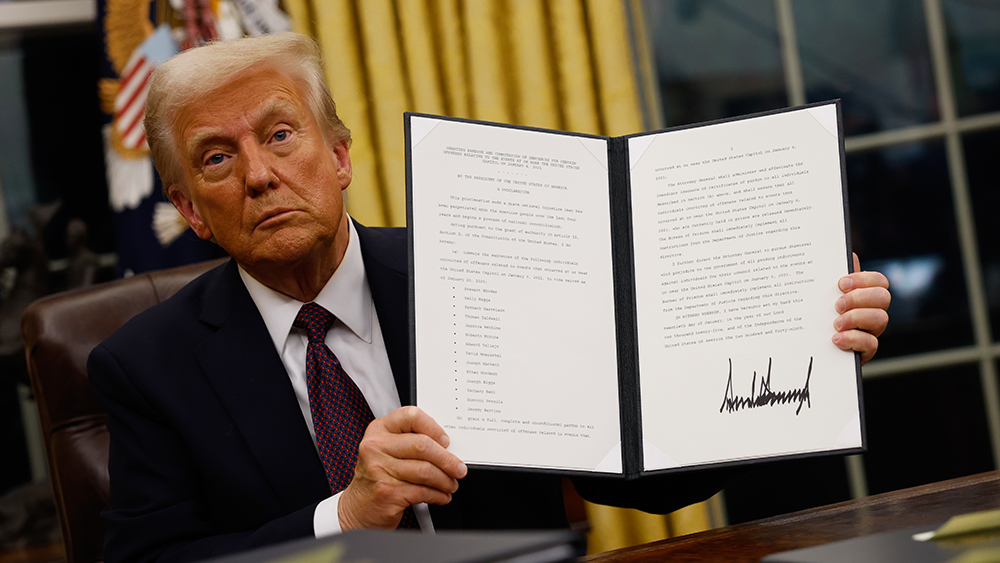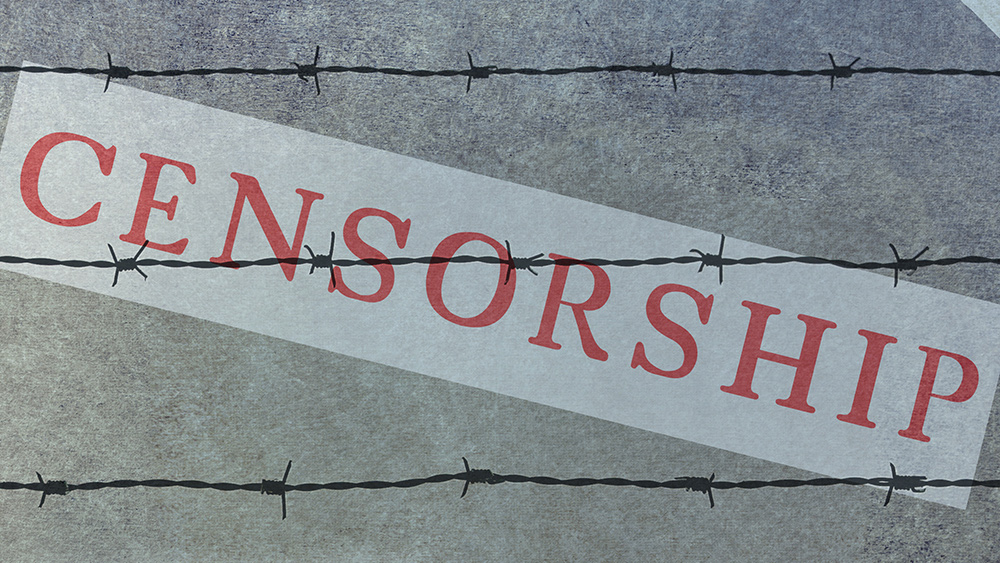
Two new bills are on the congressional docket that would ban high-fructose corn syrup (HFCS) and certain chemical coloring additives from the United States food supply.
Introduced by Rep. Anna Paulina (R-Fla.), the Do or Dye Act and the Stop Spoonfuls of Fake Sugar Act would restrict the use of toxic dyes like Red No. 40 and Yellow Nos. 5 and 6 from food, as well as prohibit toxic HFCS from being used in foods.
If passed and signed into law, the two pieces of legislation would together amend the Federal Food, Drug and Cosmetic Act to reclassify all foods containing these toxic ingredients as adulterated.
"It is time that we stop allowing unaccountable corporations and the complicit Food and Drug Administration to poison our families," Congresswoman Luna said in a statement. "Far too many Americans are suffering needlessly from type 2 diabetes, pre-diabetes and mental health conditions as a result of artificial and harmful ingredients that are in nearly every refrigerator and pantry in our country."
"Not only are we consuming spoonfuls of high-fructose corn syrup every day, but many of the foods and snacks we consume have dyes linked to an alarming number of health conditions."
(Related: Did you know that the high-fructose corn syrup added to processed food is more often than not contaminated with toxic mercury?)
Indiana also trying to ban HFCS
At the state level, legislators in Indiana are also trying to ban HFCS from food and beverages sold in the state.
Originally proposed on Jan. 8, 2024, and referred to the state legislature's Committee on Public Health by Rep. John Bartlett (D-Ind.), House Bill 1074 would impose a "ban on high-fructose corn syrup as a food ingredient," citing numerous studies showing the additive is destructive to health. If passed, it would go into effect on July 1, 2024.
"High-fructose corn syrup has been found to increase risk of chronic conditions like obesity, diabetes and heart disease," wrote Bartlett in an email to FoodProcessing.com. "While HFCS is prevalent in many foods consumed daily, from fruit juice to condiments, many people are unaware of the risks associated with its consumption."
"Recently, Indiana was ranked as the 10th worst state when it comes to facilitating the healthcare needs of its inhabitants. The health department lists heart disease, cancer and respiratory diseases as the top causes of death for Hoosiers. They attributed a considerable number of cases being related to 34% of Hoosiers being overweight. Since HFCS has been linked to these prevalent conditions in Indiana, I found it appropriate to propose a measure that could reduce both healthcare costs and the risk of deadly diseases."
A 2004 study published in the American Journal of Clinical Nutrition (AJCN) found that fructose is digested, absorbed and metabolized much differently than glucose, also known as table sugar. That difference is why HFCS is linked to obesity while regular sugar, when not consumed in excess, is not.
Bartlett's bill stipulates that any person "who recklessly violates this chapter commits a Class B misdemeanor." This presumably includes distributors, retailers and individuals who try to sell HFCS-containing foods or beverages in the state of Indiana.
Last October, California Gov. Gavin Newsom signed Assembly Bill 418 into law banning Red No. 3, brominated vegetable oil (BVO), potassium bromate and propylparaben after Jan. 1, 2027. A similar bill was proposed in Illinois that would prohibit the sale or distribution of products formulated with BVO, potassium bromate and Red No. 3.
HFCS and chemical dyes should have been banned from food a long time ago – they are in Europe, after all. Learn more about the many poisons hiding in the U.S. food supply at StopEatingPoison.com.
Sources for this article include:
Please contact us for more information.




















